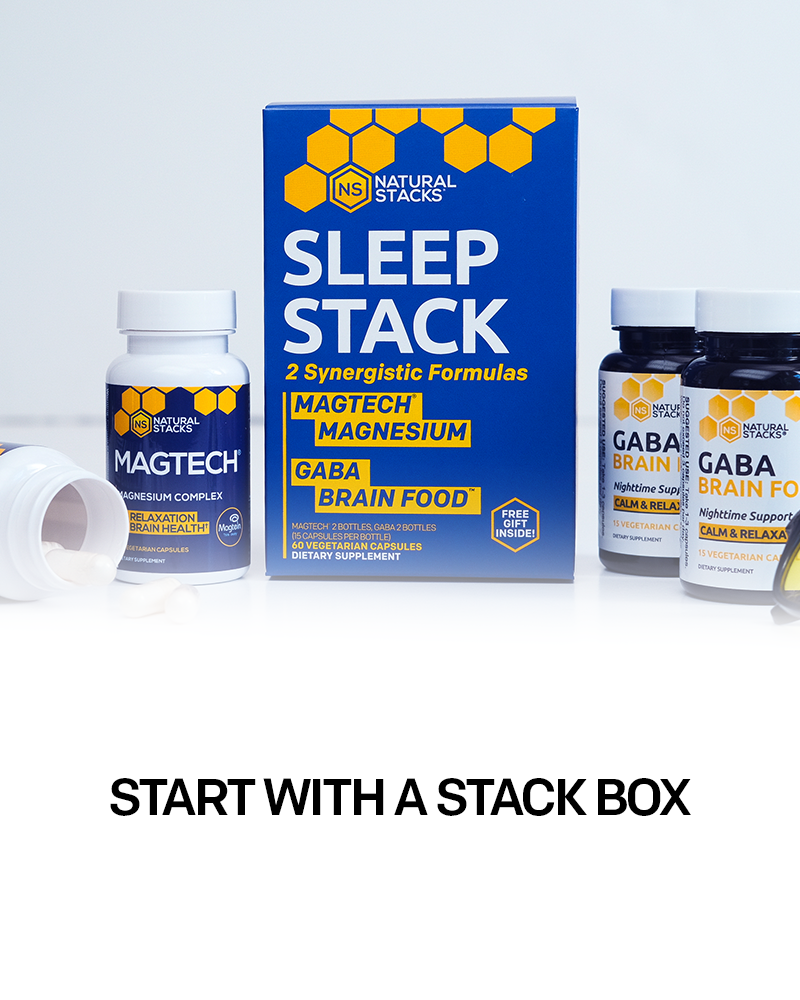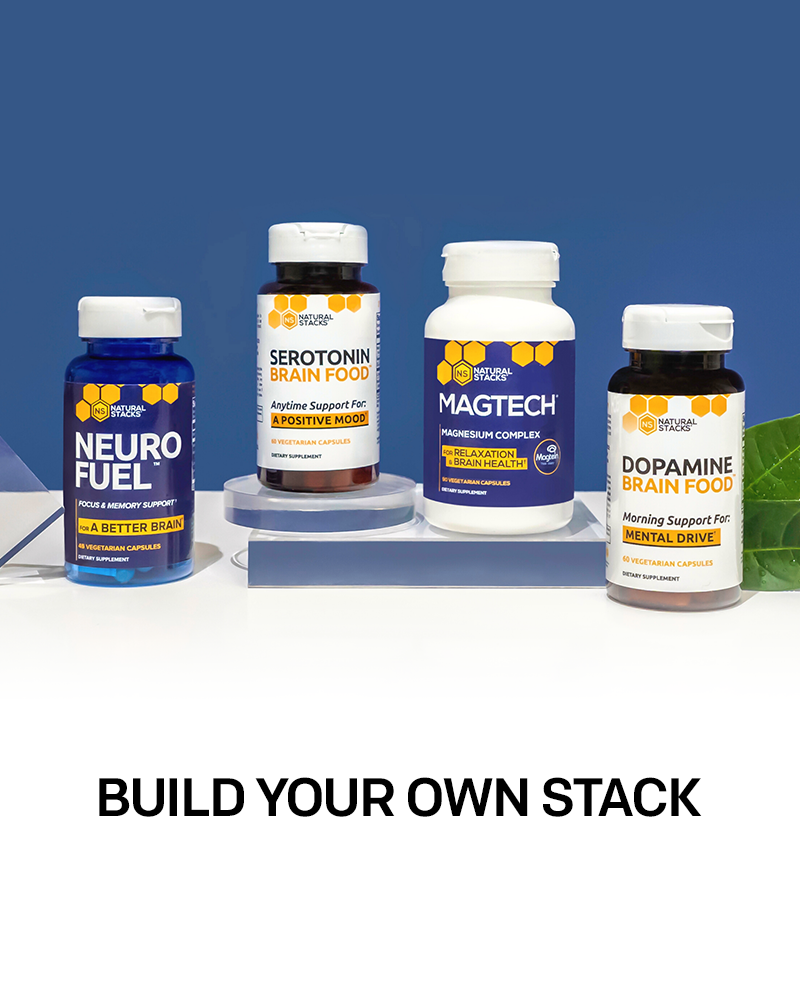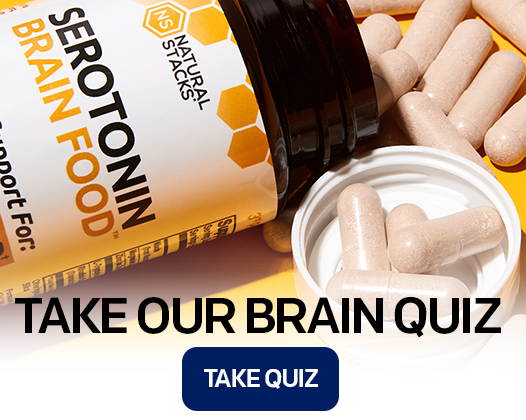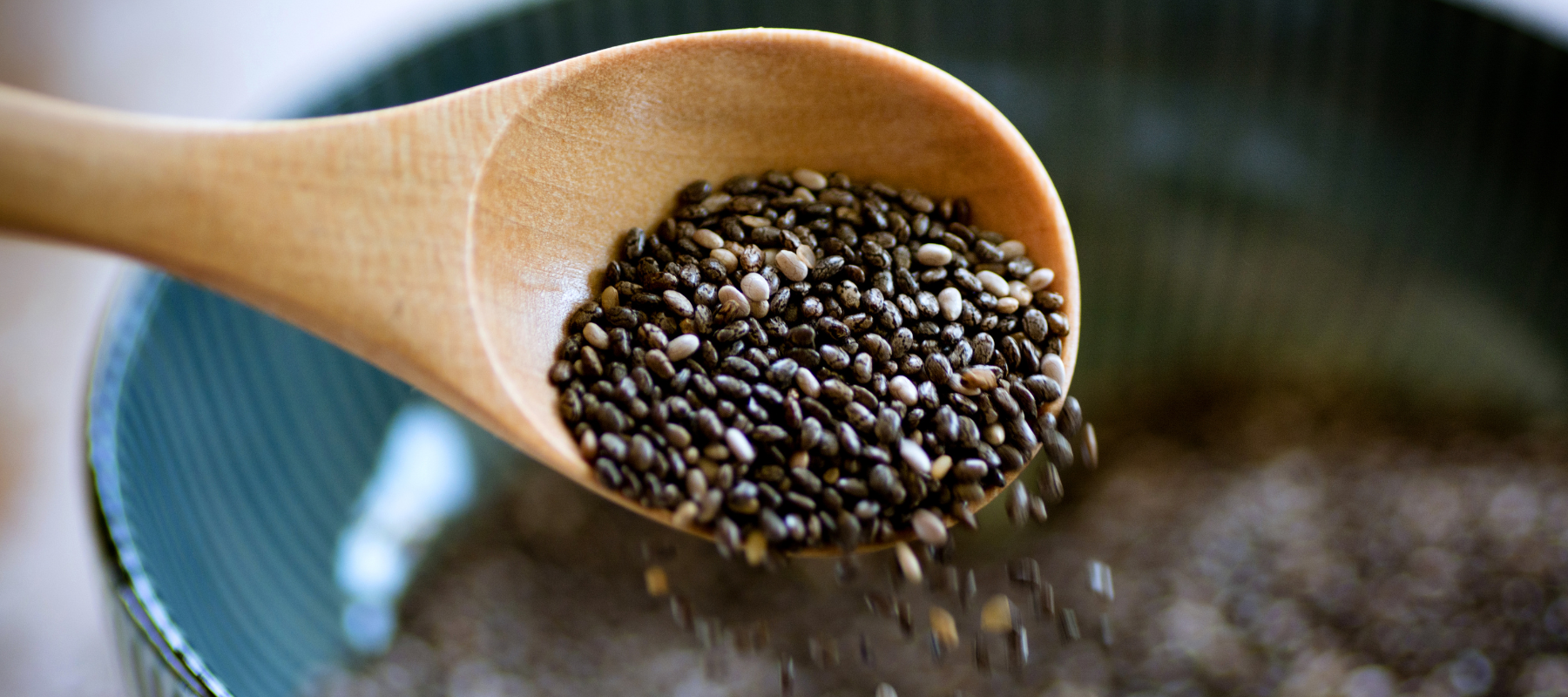The Science Of Gratefulness

- One study showed that gratitude reduced the feeling of sadness in 26,000 subjects.
- This study shows gratitude actually improves heart health.[2]
- You can improve deep sleep by practicing gratitude.
Gratitude is extremely important. With feelings of gratitude comes improvements in your health. New research actually reveals how practicing gratitude influences your body and brain.
So if you ever feel tired, down in the dumps, or stressed out… Gratitude is the one simple habit that can make you feel better. Scientists are now saying this is the result of biological changes.
A study on gratitude found that it drastically improves life satisfaction – more happiness, less stress, and stronger relationships.[3]
- Different cultures and lifestyles play a huge role in how grateful we feel, from where we live to who we spend time with.
- Gratitude forces the brain to focus on positive emotions, instead of dwelling on the bad ones.
- Empirical evidence shows that gratitude is positively associated with personal growth, reciprocal relationships, purpose in life, and self-acceptance.
Gratitude shapes brain chemistry and releases certain chemicals for a positive mood and productive mind.[4]
- The practice of gratitude develops new neural pathways inside the brain.
- Dopamine and serotonin are both released when you feel grateful, skyrocketing focus, energy, mood, and brain health.
- Practicing gratitude cognitively restructures automatic thoughts, helping us become aware of how we think and feel.
Overall, gratitude is more than just a feel-good term. It’s a habit that improves health and contributes to neuroplasticity – literally changing the brain.
Can supplementation help us feel more grateful?
Yes! Certain nutrients and supplements have the ability to spike dopamine and improve the production of serotonin.*
Top supplements have the power to fuel your brain with the “foods” necessary to experience more gratefulness.
Top Gratefulness Picks
To enhance dopamine production, improve focus, and provide peak motivation.*
Serotonin is the feel good chemical, and this can help you make more of it.*


















